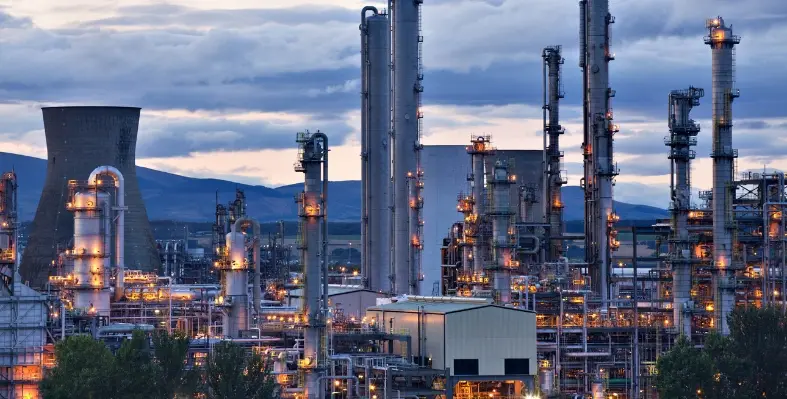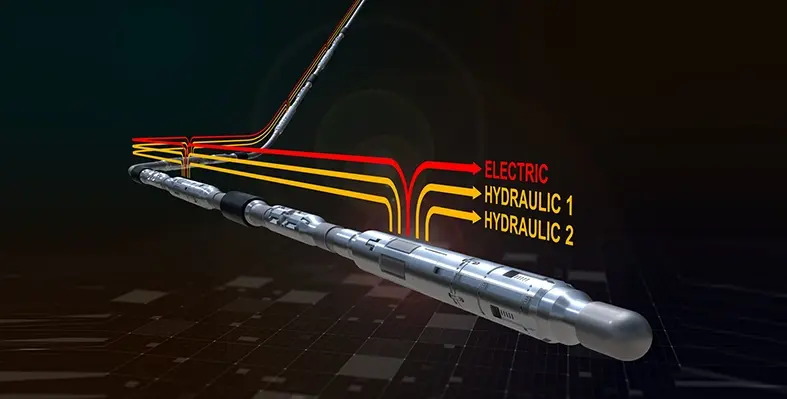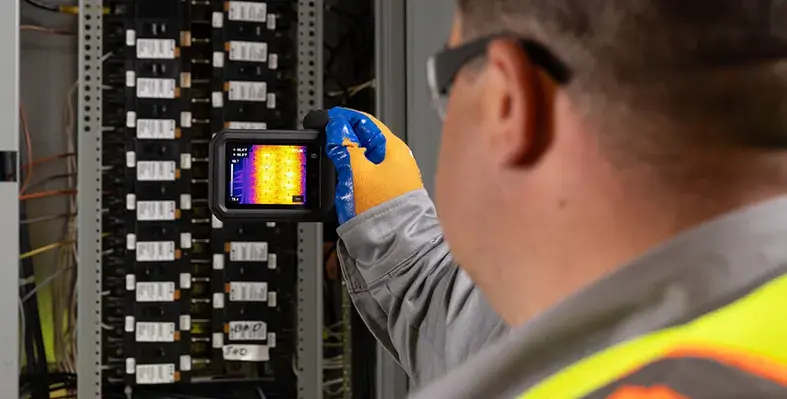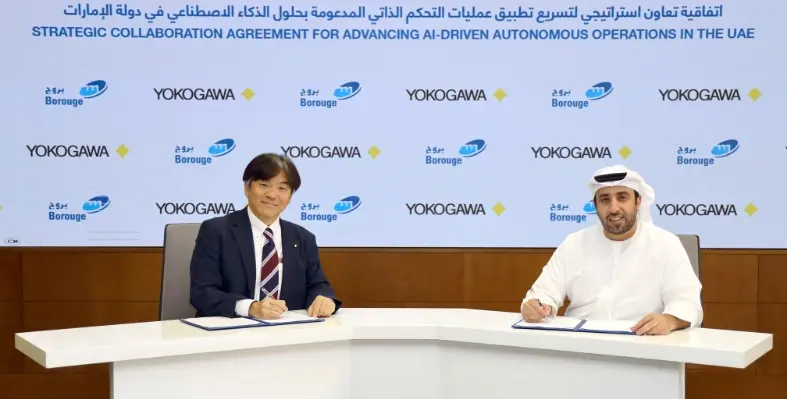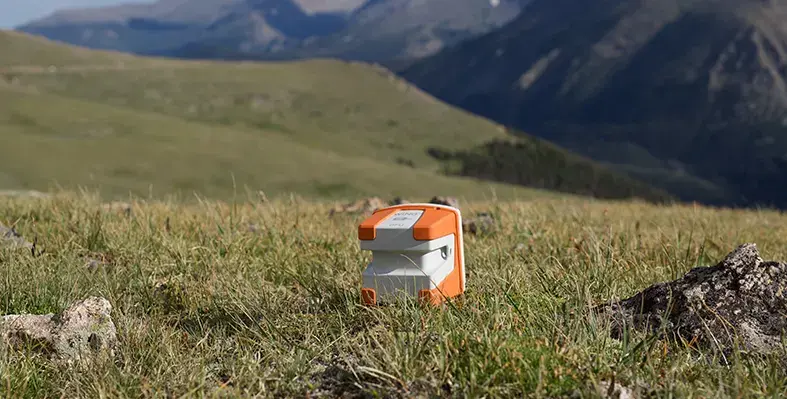
Sercel WiNG DFU-3C passive seismic sensors can be used to image subsurface hydrogen-generating systems with greater precision and efficiency. (Image source: Sercel)
Viridien, an advanced technology, digital and Earth data company, and Mantle8, a French geoscience company specialising in natural hydrogen exploration, have formed a strategic partnership to accelerate hydrogen exploration across the Europe, Middle East and Africa (EMEA) region
Under the partnership, Mantle8 will leverage GeoVerse, Viridien’s world-leading geological database, to support natural hydrogen exploration in EMEA, as well as using WiNG DFU-3C passive seismic sensors from Sercel, Viridien’s Sensing & Monitoring business, for the imaging of subsurface hydrogen-generating systems. Through the combination of Viridien’s subsurface data and Sercel’s advanced sensor technology, Mantle8 will accelerate its prospect generation and scanning for high-potential zones across EMEA.
“Europe is blessed with abundant, low-emission natural hydrogen, and the drive to map these resources and start drilling is stronger than ever. This partnership gives us the ability to reach that goal much faster,” said Emmanuel Masini, founder and CEO of Mantle8. “Access to Viridien’s GeoVerse database gives us the scale of data needed to fuel our prospect generation and sharpen our targeting of promising zones in line with Mantle8’s thesis. Building on that foundation, deployment of Sercel WiNG DFU-3C sensors provides the capability to image entire hydrogen systems and de-risk drilling programs.”
“Viridien is committed to working with partners to develop knowledge and solutions that will accelerate the energy transition. Natural hydrogen is one area, alongside geothermal energy, critical mineral exploration and carbon storage, where our advanced geoscience and data science technology can support the global effort to meet net-zero targets,” said Chris Page, EVP, New Business Development, Viridien. “Together, we are enabling faster, more accurate identification of promising natural hydrogen zones, supporting a cleaner energy future for the EMEA region.”
Mantle8 has confirmed some of the highest recorded hydrogen concentrations at its Comminges prospect in the French Pyrenees. Utilising Sercel WiNG DFU-3C sensors, combined with Mantle8’s HOREX multiphysics imaging technology, the first-ever images of an entire active hydrogen system have been produced, validating Mantle8’s proprietary exploration technology and reinforcing the commercial case for natural hydrogen as a low-cost, low-carbon energy source.







